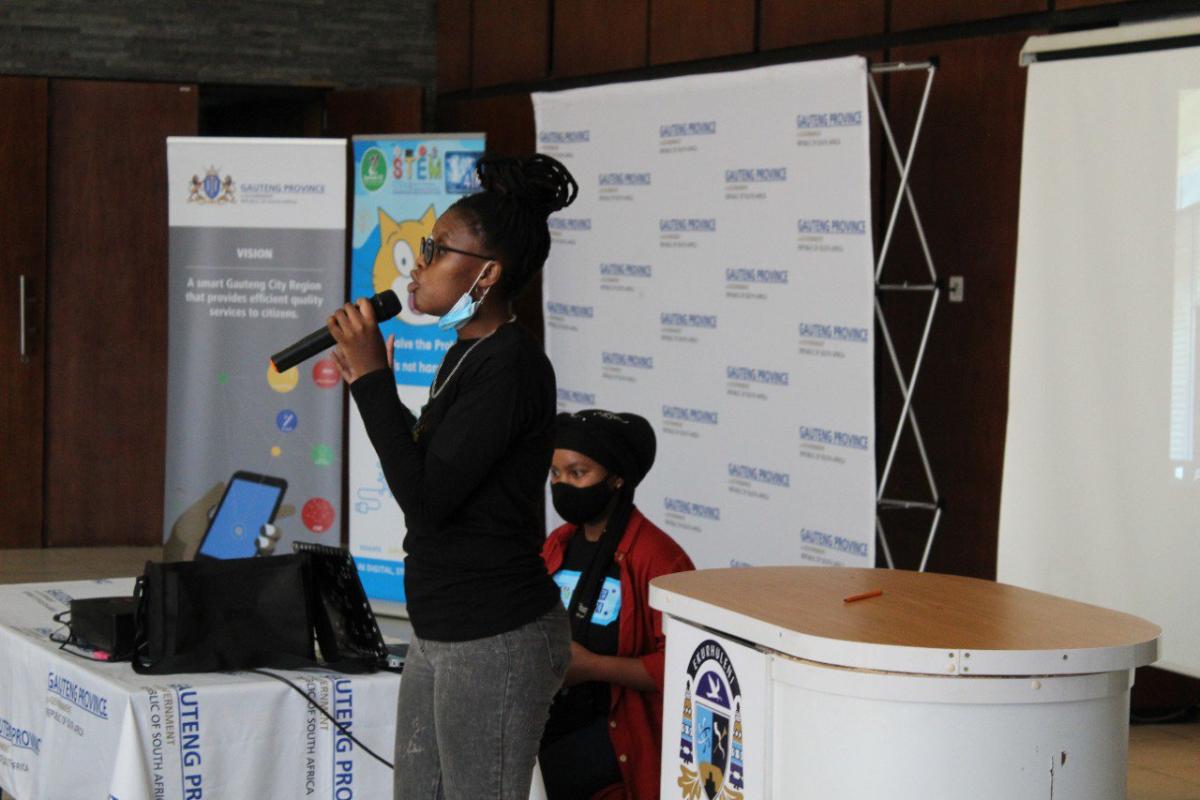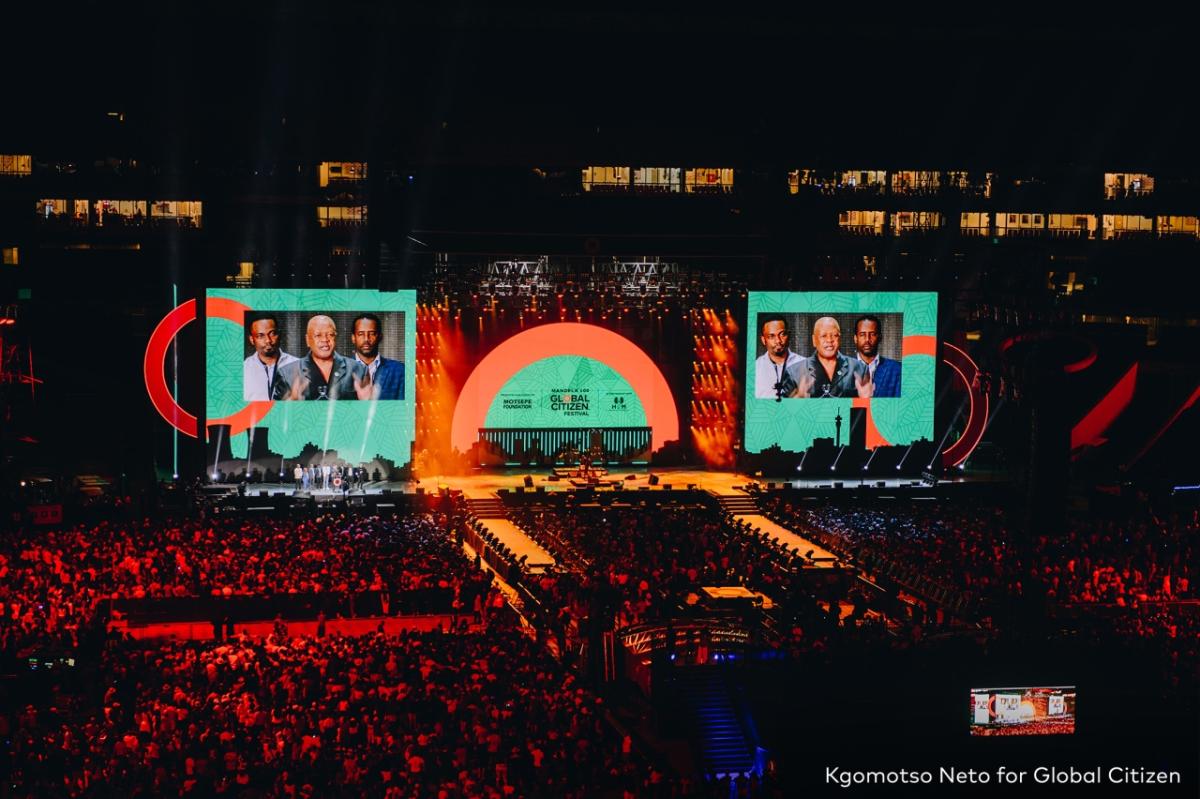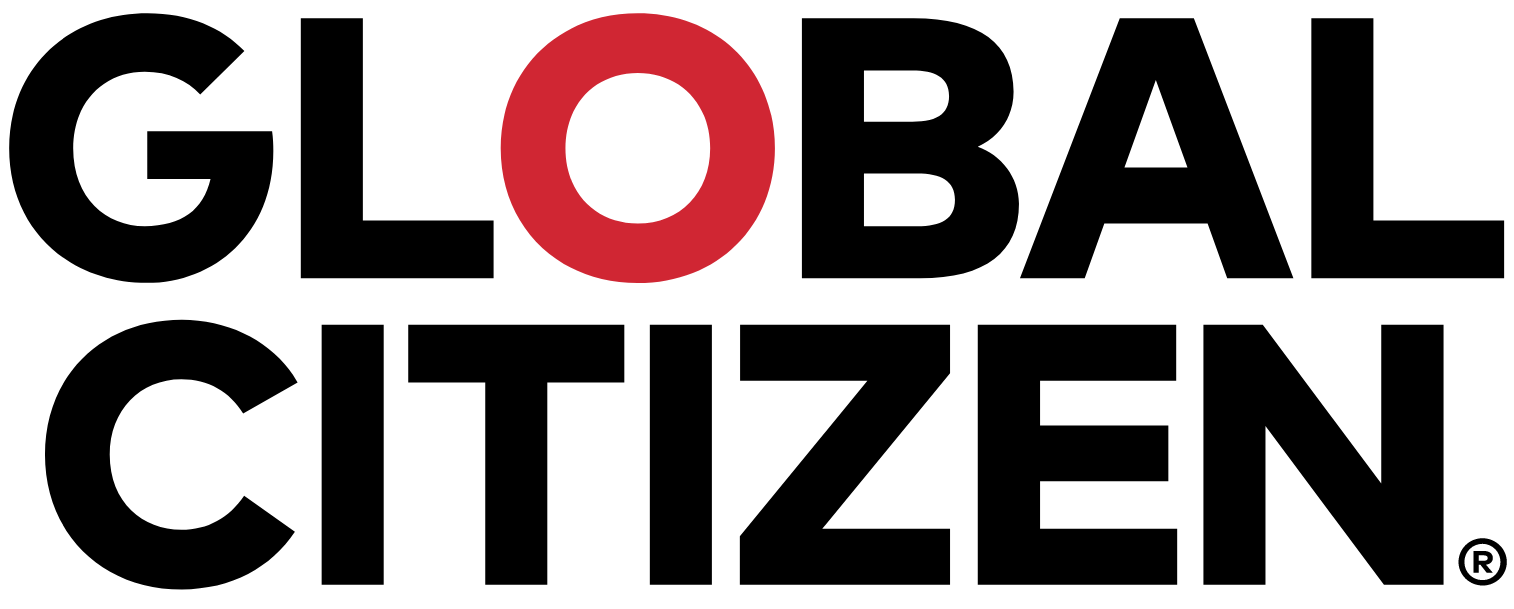Mandela 100: Meet a Recipient of the Cisco Networking Academy Using Technology to Help Her Community
"Right now, my future looks bright, so I'm very happy."
By Tife Sanusi
South Africa is currently in the midst of an unemployment crisis and the country's unemployment rate is currently the highest on a global list of 82 countries, according to Bloomberg. This is a result of the country's economic stagnation, and the COVID-19 pandemic has not helped matters. Right now, over 7 million South Africans are out of work and the number is increasing every day.
In 2019, Global Citizen and Cisco announced a three-year partnership to "equip advocates and activists around the world with the 21st century skills and tools they will need to make a meaningful difference in the lives of the world’s most marginalized people.” And it’s the kind of initiative that could help with this crisis.
Cisco currently operates the Cisco Networking Academy, an education program that partners with learning institutions to help empower people with skills to thrive in the digital economy. The Cisco Networking Academy operates at 1,025 institutions across 42 countries in Africa. In 2018, at Global Citizen Festival: Mandela 100 in Johannesburg, Cisco committed to preparing an additional 10 million students worldwide to work and thrive in the digital economy over the next five years.
Global Citizen talked to a recipient of Cisco's commitment, Sharon Khoza, about her journey to Siyafunda — one of the institutions that the Cisco Networking Academy operates in South Africa, which uses “digital technologies to support community, economic, educational, and social development” — and the work she does now in the IT field.
Global Citizen: As a young person starting to seek employment in South Africa, what was that experience like for you?
Sharon Khoza: It's tough. It's really tough out here. Because millions of people are sitting at home just waiting for an opportunity to do something worthwhile, so when you get the opportunity to do so, it's so amazing. It's a new experience and you can get overwhelmed, but I have been very passionate about teaching from a young age, so I was ready.
And then in 2019, you came across Siyafunda and the Cisco Networking Academy. How did that happen, and what did it mean for you?
Before I came to Siyafunda, I went to computer school. And then I had to stop because there were no jobs. I was sending my CV to so many places but there was just no job anywhere. So my mom was worried about me because obviously sitting at home, I was starting to get depressed and all sorts of things. She suggested I go to Siyafunda instead of just staying home all day. When I got there, everyone was so eager to help. I remember asking someone there if learning digital skills would be difficult and he assured me that I'll adjust quickly. So I started and learned a lot about IT essentials then coding and programming. That's how I was exposed to Siyafunda and started learning more about Cisco.
What's your career like now and how have you grown as a result?
In high school, I never would have imagined that I would be working in this space. I'm happy to be that young woman in the IT field. Because I get to experience so much exposure. I get new opportunities to learn and grow because the [best] thing is to learn. And I'm also learning that giving back to my community and young people is the most important thing. I'm looking forward to teaching more people who are just like I was. Right now, my future looks really bright, so I'm very happy.
Before this, did you ever see yourself with a future working in technology?
No I didn't. When I went to learn at the computer center after school, I was just learning how to use a computer and use these skills in whatever career I pursued in the future. I did not know that I would end up being so deep into it; I didn't know that I'd be here, and I'm glad I am.
And you now help upskill other young people. What’s that like for you, and why is it important to you?
My aim and end goal is to teach digital skills to people, and not only young people — everyone who is unemployed, older people and anyone who is interested. So to me it is very inspiring to see someone who's willing to learn. It makes me very happy. I also really love teaching and this is a chance for me to put something I'm very passionate about to use. It is very important to me because I've been in their shoes and know exactly what they're going through.
What does it mean to you to be part of the legacy of Global Citizen Festival: Mandela 100 through Cisco?
In one word, unbelievable.
What would you say to all the Global Citizens in South Africa and beyond who took action for Mandela 100 and continue to take action now?
Thank you so much, you changed my life.




